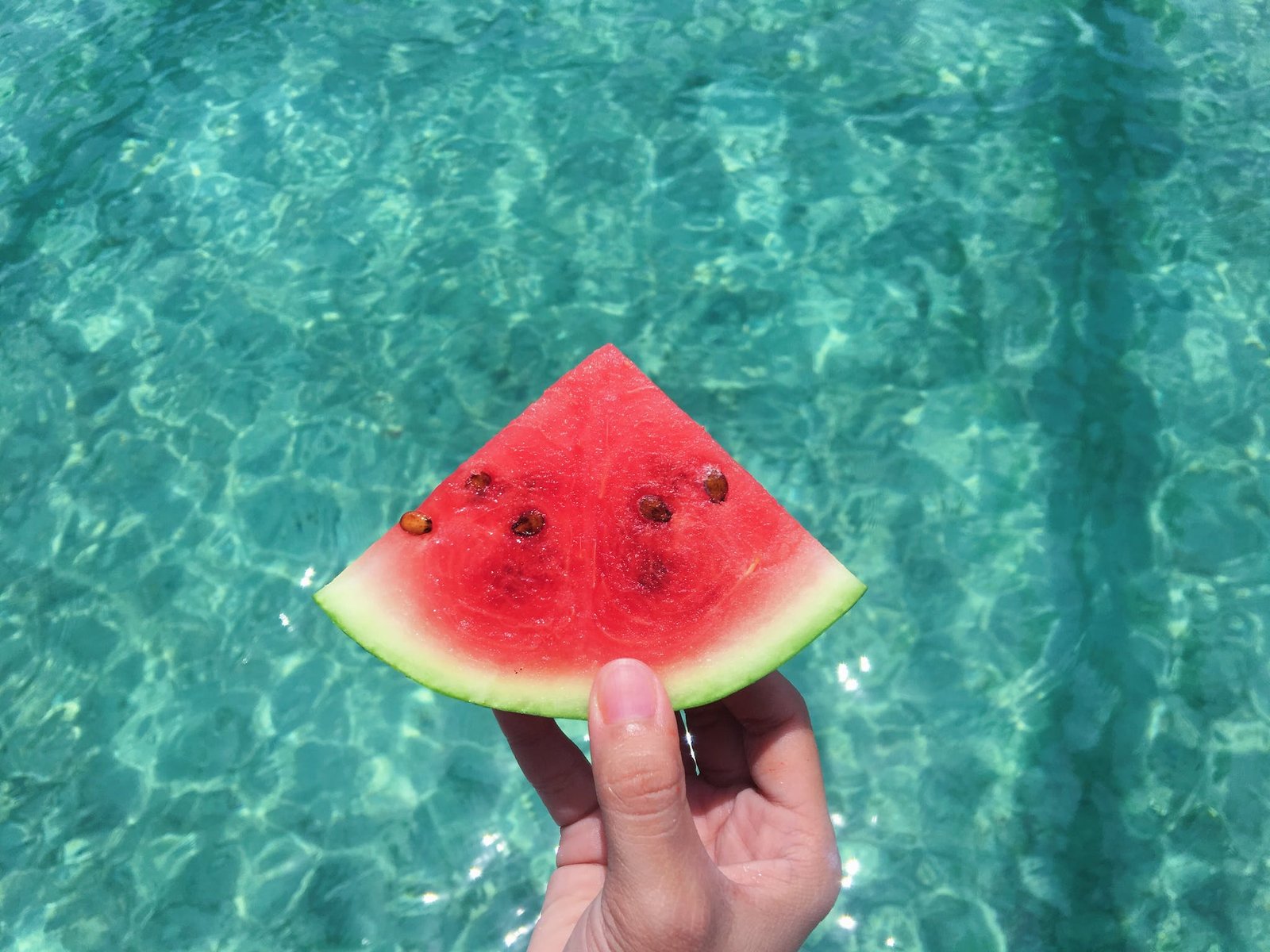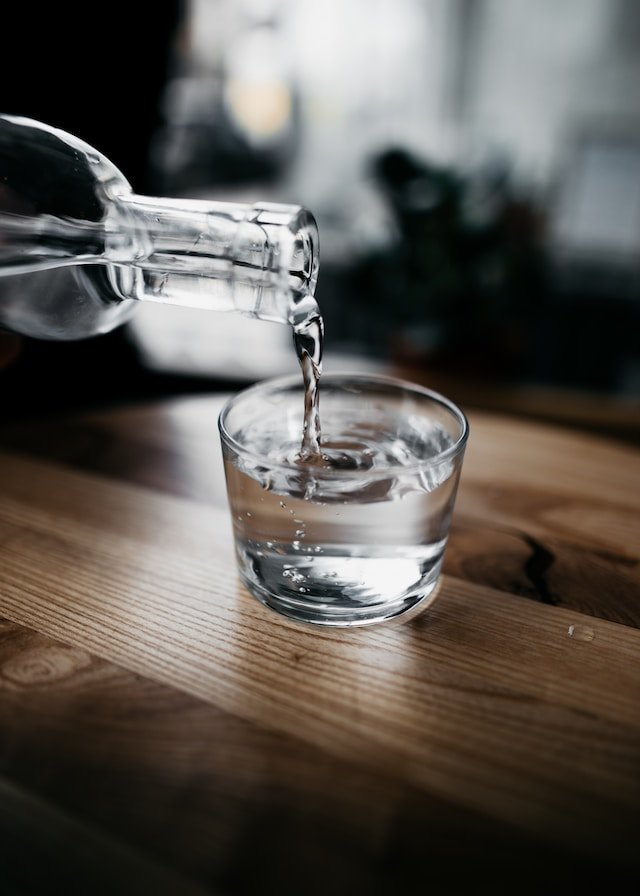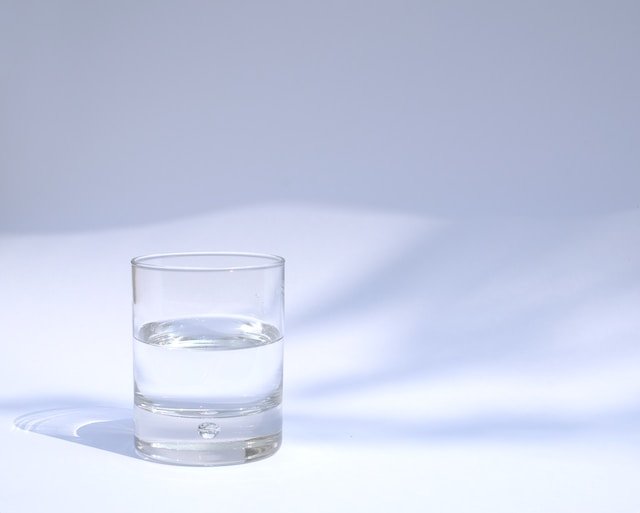Signs Your Child May Need to Drink More Water
There are some affiliate links below, but they are all products I highly recommend. For more info, view my disclosure here.
Signs Your Child May Need to Drink More Water
Is your child getting enough water?
It’s important to know the signs of dehydration and how to help your child meet their daily water intake needs.
Learn how to spot the signs that your child may need more water, the health benefits of drinking enough water, and how to ensure your child is properly hydrated.
Dehydration Symptoms
There are five main signs that your child may be dehydrated.
The first is an overall lack of energy. If your child seems unusually lethargic or tired, this could be a sign that they need more water.
Second, look for signs of dizziness or lightheadedness. If your child feels faint or unsteady, they may not be getting enough fluids.
Third, watch for dry lips and tongue, as this indicates a need for more water.
Fourth, check for a decreased amount of urination and dark urine.
Lastly, look for signs of irritability or confusion. If your child is more emotional or having trouble concentrating, it could be a sign of dehydration.
Monitor your child for these symptoms and make sure they’re getting enough fluids to stay hydrated and healthy.
Health Benefits of Water
By staying hydrated, your child can reap numerous health benefits, including improved digestion, increased energy levels, and better concentration. Additionally, being properly hydrated can help your child’s body maintain a healthy temperature and ward off illnesses. Water helps flush out toxins from the body, keeping your kid healthy. It also helps transport essential nutrients and oxygen to cells throughout the body, providing them with the energy they need to function properly.
Water can also help support your child’s physical performance. Adequate hydration is essential for muscle strength, endurance, and overall physical performance. It helps keep joints lubricated and decreases the chances of an injury. Dehydration can lead to fatigue, headaches, and dizziness, which can negatively impact your child’s performance.
Drinking enough water is important for cognitive performance too. Dehydration can lead to impaired focus, concentration, and decision-making. Staying hydrated can help your child concentrate better and think clearer. It may also help with memory recall, since the brain needs water to store and retrieve information effectively.
Signs of Dehydration
If your child is experiencing fatigue, headaches, dizziness, or difficulty concentrating, these could be signs of dehydration. Dehydration occurs when the body loses more water than it takes in. Children, especially young ones, are at a higher risk of becoming dehydrated due to their smaller body mass and higher metabolic rate. It’s important to keep an eye out for any signs that your child may need to drink more water.
Other signs of dehydration in children include dry mouth, decreased urine output, constipation, and a lack of tears when crying. If your child is also exhibiting a fever, vomiting, or diarrhea, it’s especially important that they’re drinking enough fluids to prevent dehydration. It’s also important to note that extreme thirst can also be a sign of dehydration.
If you suspect your child may be dehydrated, it’s important to take action right away. Make sure they’re getting plenty of fluids, such as water, milk, juice, or electrolyte-rich beverages. If your child is struggling to drink enough fluids or the dehydration is severe, seek medical attention immediately.
It’s important to be aware of the signs of dehydration in children so that you can take action quickly if needed. With a bit of preparation, you can help your child stay hydrated and healthy. Be sure to make sure they have access to plenty of fluids throughout the day and monitor them for any signs of dehydration.
Urinary Tract Health
Maintaining proper hydration can help keep your child’s urinary tract healthy. When your child drinks enough water, it helps to flush out bacteria and other substances that can cause infections. Dehydration can lead to a build up of these substances, and cause urinary tract infections. To make sure your child gets adequate hydration, watch out for the signs of dehydration. These include dark yellow urine, increased thirst, dry mouth, and a decrease in urine output.
Additionally, if your child begins to experience pain or burning when urinating, this could also be a sign of a urinary tract infection.
If you suspect your child is dehydrated or has a urinary tract infection, it’s important to seek medical attention. Your doctor can help diagnose any underlying issues and provide treatment if necessary. If your child does have a urinary tract infection, they may need to drink more water than usual to help flush out the bacteria.
Encourage your child to drink plenty of water throughout the day. Make sure they’ve access to clean water, and remind them to drink regularly, especially after physical activity. You can also add some flavor to their water with slices of fruits or herbs. This can help make drinking water more enjoyable for your child, and help ensure they’re getting enough fluids to stay hydrated.
Getting adequate water and fluid intake is essential for children’s health, development, and wellbeing. The amount of water needed varies based on age, climate, and activity level. Providing the right amounts of fluids ensures children are properly hydrated.
Water Needs by Age
Infants under 6 months: Infants under 6 months old should not be given water, as breastmilk or formula provides all the hydration and nutrition they require. Introducing water too early can interfere with proper feeding and nutrition.
Infants 6-12 months: Once solids are introduced around 6 months, infants may need some supplemental water in addition to breastmilk or formula. The recommended amount is about 1-3 cups of water per day. Check with your pediatrician for specific guidance.
Toddlers 1-3 years: Toddlers in this age range need about 4 cups of fluid daily, which can include water, milk, or a small amount of 100% fruit juice. Limit juice intake to 4-6 oz per day.
Children 4-8 years: Children ages 4-8 need about 5 cups of fluid per day. Focus on increasing water and milk intake rather than sugary drinks.
Children 9-13 years: Older children ages 9-13 need 7-8 cups of fluid daily. Water should be emphasized over sweetened beverages.
Adjusting Fluid Intake
Active children who sweat more may need additional water, especially in hot or humid climates. Monitor children’s thirst and urine color to ensure proper hydration levels are maintained. Increase or reduce fluid amounts as necessary based on individual needs.
If your child isn’t drinking enough water, they may become lethargic, irritable, and may experience headaches or dry mouth. Constipation can also be a sign that they need to drink more water. To ensure your child is getting enough fluids, keep water nearby at all times. Encourage them to drink a glass of water when they wake up, before and after meals, and before bed. It can also be helpful to give them a cup with a straw, which may make drinking water more fun.
Thirst Vs. Hydration
It’s important to remember that thirst and hydration are two different things – your child may not feel thirsty even if they’re dehydrated. Thirst is a natural response to the body’s need for water, while hydration is the total water content of the body. It’s important to understand the distinction between the two, as it can help you determine if your child is drinking enough water.
If your child is dehydrated, they can experience a range of symptoms such as headaches, dizziness, fatigue, dry skin, dark-colored urine, and constipation. Dehydration can also make your child irritable and can impair their physical and mental performance.
If you notice any of these symptoms, encouraging your child to drink more water is a good first step. Make sure to keep a water bottle or cup of water around for easy access. If your child isn’t a fan of plain water, try adding some fruit or vegetables to give it flavor.
It’s also good to be aware of how much your child is drinking. Keep track of how many cups of water they consume throughout the day and make sure they’re drinking enough to meet their needs.
Finally, it’s important to know when to seek medical help. If your child experiences severe dehydration, such as vomiting, fever, or diarrhea, seek medical attention immediately.
Hydration for Performance
Having the right amount of water in your child’s body can help improve their performance in activities like sports, school, and other tasks. Parents should be aware of these signs that their child may need to drink more water: fatigue, headaches, dizziness, confusion, dry mouth, and dark-colored urine. If your child is experiencing any of these symptoms, make sure to provide them with plenty of water.
Staying hydrated is especially important during physical activities. Even mild dehydration can lead to a decrease in performance and an increase in fatigue. Make sure your child is drinking enough water before and during any physical activity. For example, if they’re playing a sport, have them drink water at every timeout or halftime.
Other activities can also be affected by dehydration. If your child is struggling with focus or mental clarity, it could be an indication that they aren’t drinking enough water. Encourage your child to take regular water breaks throughout the day.
Water is one of the most important nutrients for your child’s health and performance. Make sure your child is drinking enough water every day to keep them hydrated and ensure they can perform their best.


![Can You Bring a Water Bottle on a Plane in 2024? [Updated Guide] 2 Gray Plane Wing](https://hydratehere.com/wp-content/uploads/2024/08/gray-plane-wing-62623-scaled.jpg)




